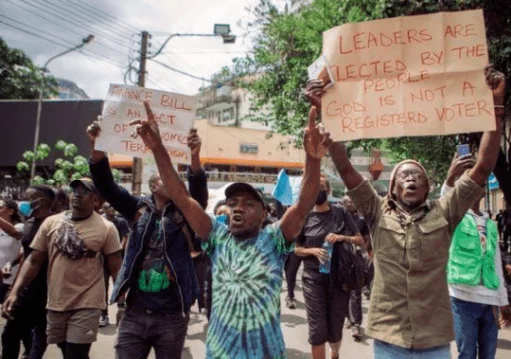The Tinubu administration’s cost-cutting measures, including the reduction of public spending, have further intensified the hardship many Nigerians face. Health, education, and public transportation sectors are bearing the brunt of these austerity measures, with devastating consequences for the most vulnerable citizens. In hospitals, reports indicate shortages of essential medicines and medical personnel due to poor funding. Teachers have gone on strike, protesting unpaid wages and demanding better working conditions, leaving millions of children without education.
Public anger is growing over what many perceive as government mismanagement. “How can we be cutting healthcare when billions are being spent on the national assembly?” asked one citizen during a protest in Abuja. This sentiment reflects the frustration of many Nigerians who feel that the government’s priorities are skewed in favor of political elites. Even with promises of improved service delivery, many citizens are skeptical, given the government’s track record of broken promises.
The APC has defended its decisions, insisting that the cuts are necessary to reduce the fiscal deficit. However, critics argue that better fiscal management and a reduction in wasteful government spending could have achieved the same results without hurting essential services. As citizens grapple with the fallout of these policies, protests and strikes are becoming more frequent, signaling growing public discontent.




















